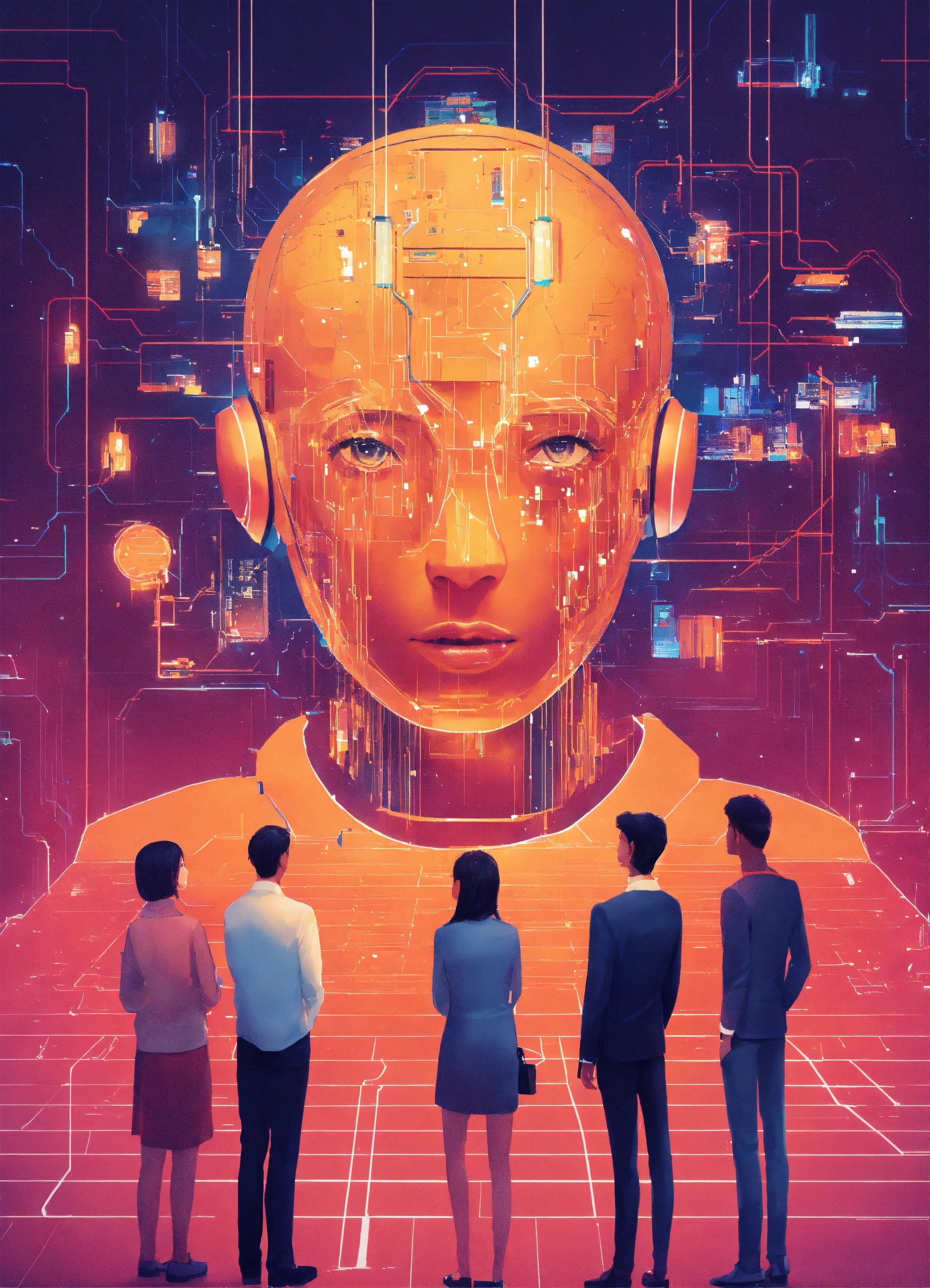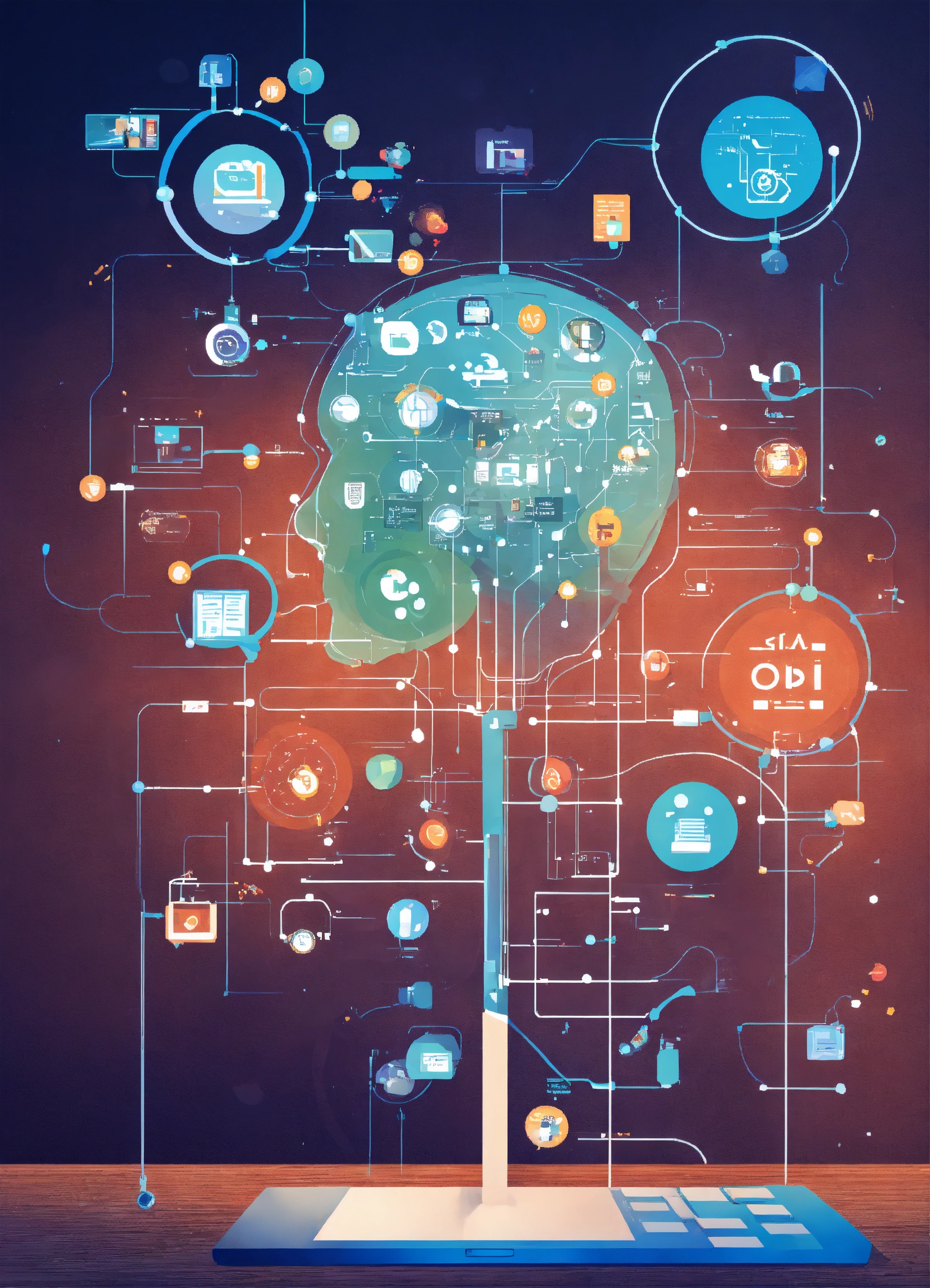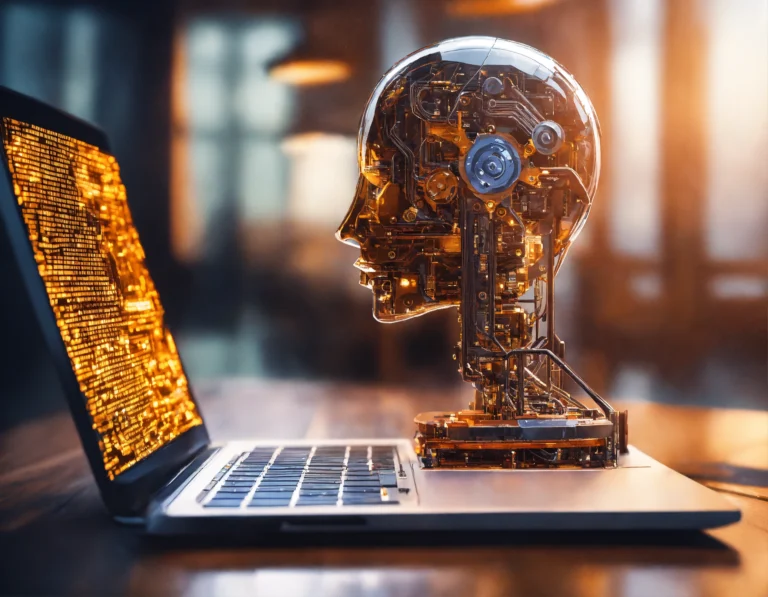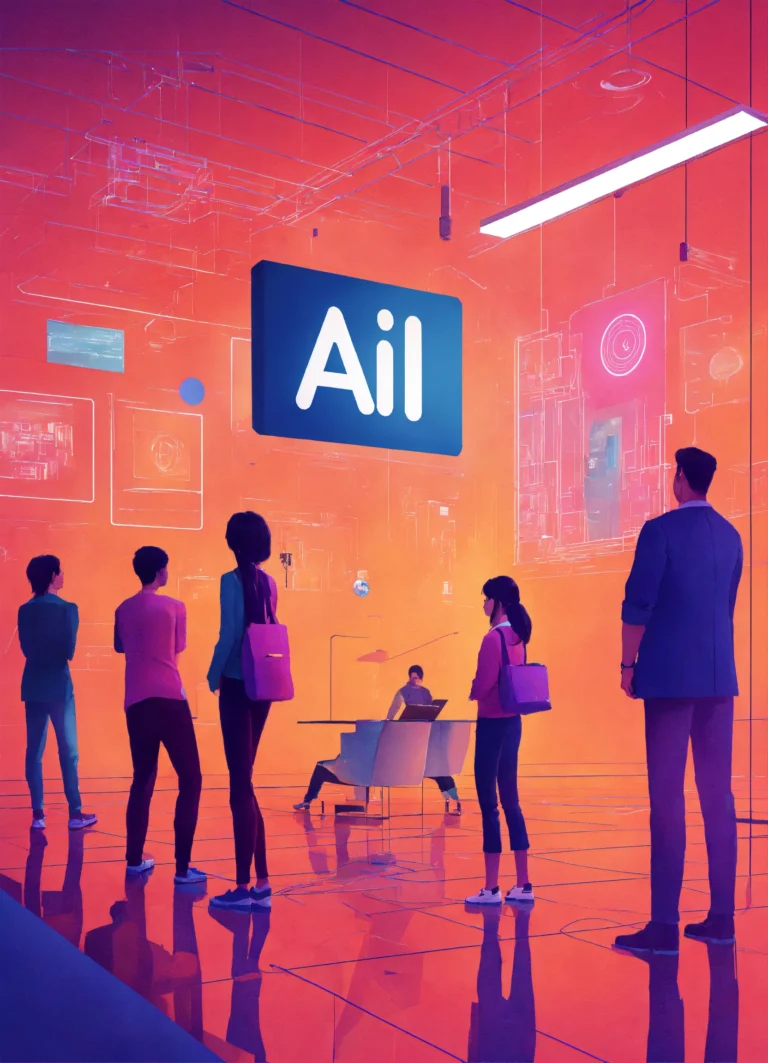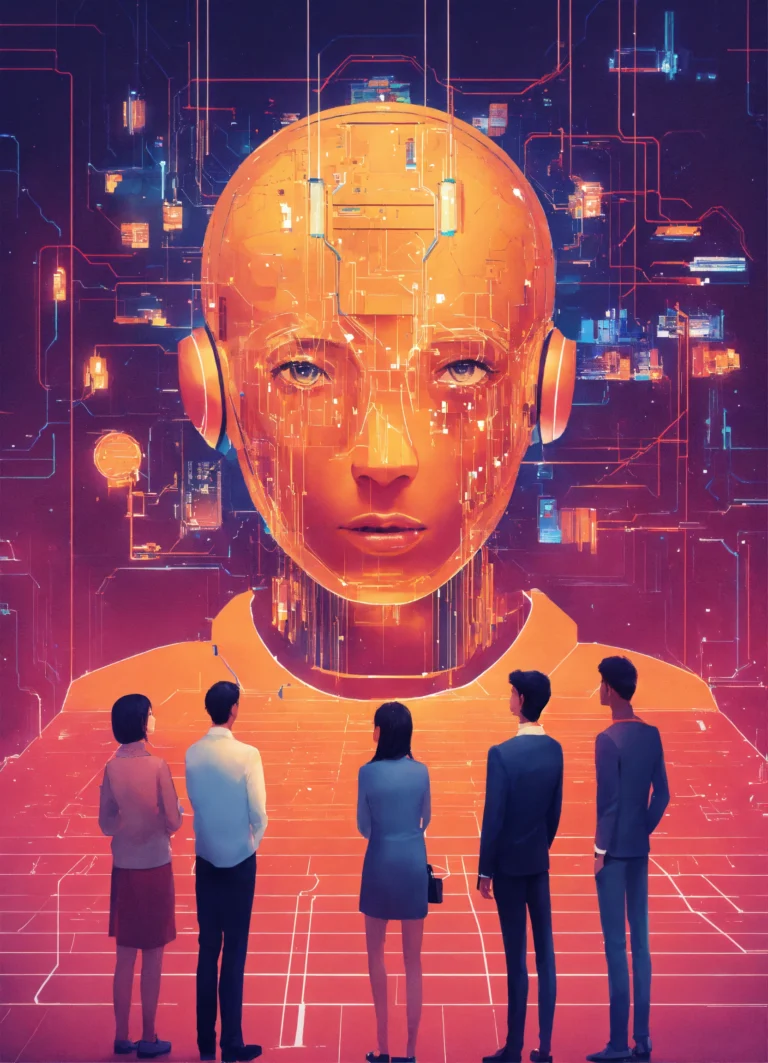Just imagine a world where artificial intelligence makes decisions that impact human lives. As technology advances, the ethical implications of AI become increasingly complex. In this article, we will explore into the ethical dilemmas surrounding the use of artificial intelligence, exploring the positive and dangerous aspects that come with its integration into everyday life.
The Rise of AI and Its Ethical Implications
The Uncharted Territory of AI Development
A fascinating aspect of artificial intelligence is the speed at which it is advancing. Any breakthroughs in AI development open up a world of possibilities, from self-driving cars to medical diagnostics. However, this rapid progression also brings with it a multitude of ethical dilemmas. Any new technology, especially one as powerful as AI, requires careful navigation through uncharted territory.
The Blurred Lines Between Progress and Responsibility
Development in AI blurs the lines between what is technologically possible and what is ethically responsible. Understanding the implications of creating machines that have the ability to think and act autonomously raises profound questions about how we can ensure the responsible use of such technology. Any misstep in this development could have far-reaching consequences, reinforcing the need for a thoughtful and cautious approach.
Bias in AI Decision-Making
Little by little, artificial intelligence (AI) is becoming more integrated into our daily lives. From recommending movies on streaming platforms to aiding in medical diagnoses, AI systems are making decisions that affect us in various ways. However, one major ethical concern surrounding AI is the presence of bias in its decision-making processes.
The Human Factor: How Bias Creeps into AI Systems
Bias can seep into AI systems through the data they are trained on, as this data often reflects the prejudices and stereotypes present in society. For example, if historical data used to train an AI for a hiring tool predominantly consists of male applicants being selected for certain roles, the AI may learn to favor male candidates in the future, perpetuating gender bias. Additionally, the programmers who design and train AI systems may also unintentionally introduce bias based on their own beliefs and perspectives.
The Consequences of Unfair Decision-Making
Into the consequences of AI systems making unfair decisions can be far-reaching and impactful. For instance, biased algorithms used in the criminal justice system may lead to harsher sentencing for certain demographic groups, perpetuating social injustices. Moreover, biased AI in healthcare could result in misdiagnoses or unequal treatment for patients from marginalized communities, exacerbating existing disparities in healthcare outcomes.
Human oversight and intervention are crucial to identifying and mitigating bias in AI decision-making. Measures such as auditing AI systems for bias, diversifying data sets used for training, and ensuring diverse teams are involved in the development process can help create more fair and ethical AI systems. As we entrust AI with increasingly important decisions, it is vital to hold these systems to high standards of fairness and accountability.
Privacy Concerns in the Age of AI
Now, as we examine into the ethics of Artificial Intelligence, one of the most pressing concerns is the issue of privacy. With the advancement of AI technologies, there has been a significant rise in surveillance capabilities, raising questions about the extent of personal data collection and the implications for individual privacy rights.
The Surveillance State: AI-Powered Data Collection
On one hand, AI-powered surveillance can enhance security measures and prevent criminal activities through the monitoring of public spaces and social media online platforms. However, the extensive reach of AI systems raises the specter of mass surveillance, where personal information is collected without consent and used for various purposes, potentially infringing upon individual freedoms and rights.
The Right to Privacy in a World of Intelligent Machines
To further complicate matters, the right to privacy in a world dominated by intelligent machines is increasingly under threat. As AI algorithms become more sophisticated in analyzing and predicting human behavior, the boundaries between public and private spheres blur, challenging traditional notions of privacy and consent.
World governments and regulatory bodies are grappling with the dilemma of how to balance the benefits of AI technologies with the protection of individual privacy rights. Striking the right balance is necessary to ensure that the power of AI is wielded responsibly and ethically, without compromising the fundamental rights of individuals in a rapidly evolving digital landscape.
Job Displacement and the Future of Work
The Automation of Industries: A Threat to Human Employment
The automation of industries by artificial intelligence poses a significant threat to human employment. As AI and robotics become more advanced, the reliance on human labor decreases, leading to job displacement in various sectors. Automation can perform tasks more efficiently and tirelessly than humans, leading to concerns about the future of work and the potential loss of jobs for many individuals. While automation brings benefits such as increased productivity and cost savings for businesses, it also raises ethical questions about how society will address the unemployment crisis that may result from widespread adoption of AI-driven technologies.
The Need for a Universal Basic Income in an AI-Driven Economy
The future of work in an AI-driven economy necessitates a closer look at implementing a universal basic income (UBI) system. UBI entails providing all individuals with a regular, unconditional sum of money, regardless of their employment status. As AI technologies continue to automate tasks traditionally performed by humans, there is a growing need to ensure financial stability for individuals whose jobs are at risk of being displaced. UBI could potentially alleviate the economic challenges brought about by AI-driven automation and provide a safety net for workers transitioning to new roles or industries.
Another important consideration is the ethical implications of UBI implementation, including funding sources and the long-term societal impact of providing a universal income. As discussions around the future of work and the effects of AI on employment continue to evolve, the concept of UBI is gaining traction as a potential solution to mitigate the adverse effects of job displacement in an increasingly automated world.
AI and the Manipulation of Human Behavior
Keep in mind that AI has the capability to influence human behavior in ways that were previously unimaginable. AI algorithms have the power to analyze vast amounts of data to understand human preferences and then tailor personalized recommendations or advertisements to individuals. This personalized approach can subtly manipulate your choices, affecting your decision-making process without you even realizing it.
The Psychology of Persuasion: How AI Influences Human Choice
An understanding of human psychology is crucial in effective persuasion, and AI excels in this area. AI-powered systems can leverage psychological principles such as social proof, scarcity, and authority to influence human decision-making. By continuously learning and adapting to your behavior, AI technologies can nudge you towards specific choices, sometimes without your conscious awareness.
The Ethical Boundaries of AI-Powered Social Control
Manipulation of human behavior through AI raises ethical concerns regarding privacy invasion, autonomy, and individual freedom. AI-powered social control can lead to manipulation of public opinion, reinforcement of biases, and even election interference. It is crucial to establish clear boundaries to ensure that AI systems are used ethically and responsibly.
To Navigate these ethical dilemmas, it is crucial to prioritize transparency in AI algorithms and decision-making processes. AI developers and regulators must work together to enforce ethical standards and prevent the misuse of AI for social control purposes. By implementing stringent safeguards and promoting accountability, we can strive to harness the potential of AI while mitigating its risks.
Accountability and Regulation in AI Development
After creating advanced Artificial Intelligence (AI) systems, the issue of accountability becomes crucial. This technology has the potential to make autonomous decisions that can greatly impact individuals and society as a whole.
The Need for Transparent AI Systems
The development of transparent AI systems is vital to ensure accountability. Transparency allows you as a user to understand how AI algorithms reach their conclusions, helping to prevent biased or unethical decision-making. Without transparency, it is challenging to hold developers accountable for the outcomes of their AI systems. Clear documentation and explanations of how AI reaches decisions are crucial for addressing ethical concerns and ensuring responsible development.
The Role of Governments and Institutions in Regulating AI
Institutions play a crucial role in shaping the governance and regulation of AI technologies. Government and institutional oversight is necessary to establish guidelines and enforce ethical standards in AI development. By implementing regulations, governments can hold developers accountable for the ethical implications of their AI systems. Public policies that address issues such as data privacy, bias detection, and algorithmic accountability are crucial in creating a framework for responsible AI development.
A balance must be struck between fostering innovation and protecting societal values and individual rights. Collaboration between governments, institutions, and industry is necessary to create effective regulations that promote ethical AI while encouraging technological advancements.
Conclusion
Following this exploration of the ethical dilemmas surrounding artificial intelligence, it becomes evident that as we continue to advance in technology, we must also navigate the complex moral questions that arise. It is crucial to consider the implications of our actions when developing and implementing AI systems, ensuring that they align with our values and principles.
As you reflect on the ethical challenges discussed in this article, remember that the power and potential of artificial intelligence are in our hands. It is our responsibility to use this technology in a way that benefits society as a whole, promoting fairness, transparency, and accountability in every decision we make. By approaching AI with a thoughtful and ethical mindset, we can shape a future where technology serves humanity in a positive and sustainable way.
FAQ
Q: What are the ethical dilemmas surrounding Artificial Intelligence?
A: The ethical dilemmas of AI include issues such as privacy concerns, bias in algorithms, job displacement, autonomous weapon systems, and the potential for AI to surpass human intelligence and control.
Q: How is bias a problem in AI systems?
A: Bias in AI systems can occur when the data used to train the algorithms is skewed or not representative of the diverse populations it will interact with. This can result in discriminatory outcomes, reinforcing existing social inequalities and injustices.
Q: What measures can be taken to address the ethical dilemmas of AI?
A: To address the ethical dilemmas of AI, measures such as developing transparent and accountable AI systems, ensuring diversity in AI research and development teams, creating regulatory frameworks, and promoting ethical AI education and awareness are crucial.

